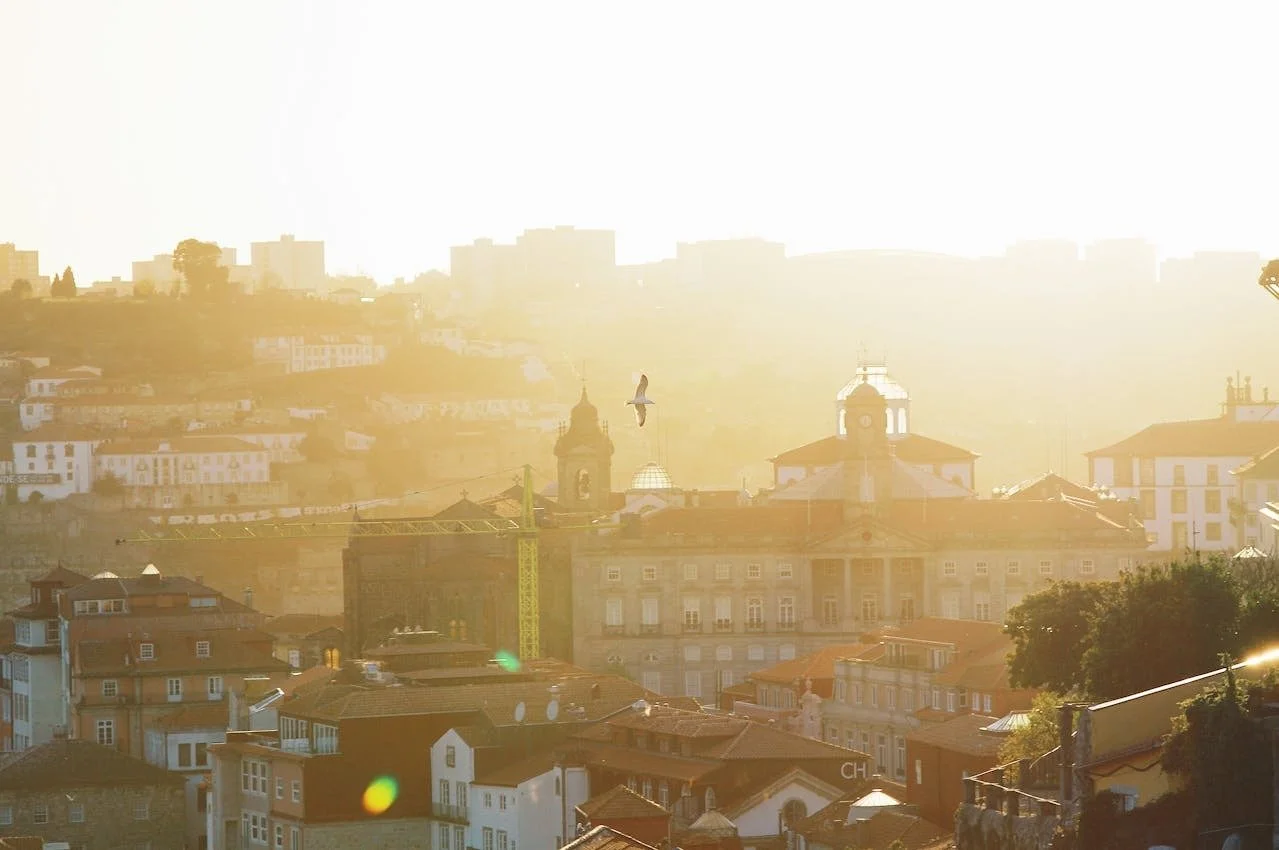7 Things Filipinos Have To Keep In Mind In Case Of An Accident Abroad [What To Do And Numbers To Keep for Pinoy Travelers!]
I’m sure you have heard about the Filipino Honeymooners Who Drowned In Maldives. They happen to be my college friends thru my college boyfriend and my heart is breaking for them. It came as a piece of shocking news to everyone because who would have thought this would happen?? Especially on a honeymoon??
Accidents know no person, no time, nothing. It can strike anywhere, anytime, and anyone. It does not know any age. It does not know your past, your present, but what it brings to the future is almost certain. I’m writing this not to stop you from traveling but to give you precautions on what to take before your much-awaited trip. Do not let your excitement put your guard down.
THINGS TO DO AND NUMBERS TO KEEP BEFORE YOUR TRIP
1) GET AN INSURANCE POLICY
Travel Insurance is different from Medical Insurance or Life Insurance. If you travel abroad, you need to get a Travel Insurance. You can read my article here to explain the difference.
Most Filipinos equate an Insurance Policy into a liability. Most of us think ‘ay gastos lang yan’, ‘di na kailangan nyan’, ‘sasakit lang ulo natin dyan pagdating ng singilan’, etc. When in reality, it’s actually an investment.
I always write on my blog articles that you should ALWAYS get a Travel Insurance everytime you travel because you’ll never know what can happen to you. Seriously, yun ngang nasa bahay ka lang pwede ka madulas eh. Yun ngang tatawid ka lang sa kalsada pwede kang mabangga. Yun pa kayang nasa galaan ka?? Of course we don’t want it to happen to us and I think somehow, we’re in denial that accidents and death do happen, it can happen, and to whom it will happen is out of our control.
Let me tell you this, the only thing we can control is what we can do to save ourselves after the accident or whether we want our family to be left with a huge burden in case of our demise (na wag naman po sana). Let’s be realistic here okay? In case any of it happens, at least we are assured that we have an Insurance Policy to cover our hospitalization expenses and in case of death, even repatriation costs. Some even give the beneficiaries a specific amount in case of demise.
Safetywing is the insurance policy that I personally use while AXA Schengen is the insurance that you can use if you’re going to Europe.
Read my personal experience here with the insurance after my car accident in Pakistan.
2) KEEP A COPY OF YOUR INSURANCE POLICY AND EMERGENCY CONTACT PERSON WITH YOU AT ALL TIMES
If something goes wrong and you are unconscious, whoever is trying to render aid to you will look at your personal properties and it will be very helpful if you have these details with you. They will have to know if you are allergic to anything, your medical history, etc. and the best person to answer this is either of them.
3) KEEP A NUMBER OF YOUR INSURANCE PROVIDER
After choosing and booking your Insurance Policy provider, save their hotline number on your phone and put it on your ‘favorites’. If something happens, do you think you’ll be on your right mind to go through all your emails just to find this number? No, you won’t! Call them if something goes wrong and they will definitely give you a list of accredited doctors or hospitals which is closest to you.
4) KEEP THE NUMBER OF THE PHILIPPINE EMBASSY WHO HAS JURISDICTION OVER THE COUNTRY YOU’RE IN
We don’t have a Philippine Embassy in every country in the world. That’s a fact. If there’s none, then try to find out which Philippine Embassy has jurisdiction over that country. For example, there’s no Philippine Embassy in Djibouti and the one who has jurisdiction over them is the Philippine Embassy in Egypt.
Wherever you may be, get their number and again, save it on your favorites. You may want to inform them about your whereabouts and emergency contact person while you’re out traveling and you can surely call them in case something happens. Wag kayong mag alala, di sila nangangagat! They are very much responsive to all queries and they are more than willing to assist all kababayans. They even aid in the repatriation of the body in case of death. Call them if you need any kind of emergency assistance and I’m sure they’d be glad to help.
5) KEEP THE NUMBER OF YOUR HOTEL
Now you may find this weird but this is very important especially when you’re in a non-English speaking country like France. Paano kayo magkaka intindihan ng mga pulis, doktor, nurse, etc?! The best person to translate things for you if you don’t know any local (because google translate is sometimes not accurate) is the hotel’s receptionist.
6) FIND SOME ORGANIZATIONS WHO CAN HELP
This goes for the family in the worst-case scenario. In case he/she failed to get any kind of insurance, I know how much it will probably cost you for flight, hospitalization, repatriation, or burial expenses.
AKO OFW, for example, is a global non – governmental organization with sterling and vast track records of helping search and rescue distressed overseas Filipino workers (OFWs). You can contact them on Facebook. They helped me after my accident in Pakistan and some fellow FIlipinos assisted me in the hospital in Islamabad. The chairman of this organization is my father.
7) REGISTER FOR GOFUNDME (if you really don’t have any choice!)
Worst case scenario in case of a serious accident or death, never be ashamed to ask for help. In our friends’ case, the cost to repatriate or bring home each body is Php 634,000. That’s a lot of money but with the help of the Philippine Government particularly the Department of Foreign Affairs, this is now the least of their concern because they agreed to shoulder all these expenses. The family “got lucky” that Maldives government agreed to pay for the repatriation expenses but sadly not everyone would experience that.
STEP-BY-STEP GUIDE ON HOW REPATRIATION OF THE REMAINS OF AN OFW TAKES PLACE
Step 1: Notice to the Philippine Embassy. Somebody must inform the Philippine Embassy of the death of the OFW be it the hospital, a friend, a doctor, the employer, etc.;
Step 2: Incident Report. Someone from the OWWA or any accredited person will then verify it and make an incident report. They will then coordinate the findings with the DFA.;
Step 3: Relaying the information to the deceased’s family. Once confirmed, they will then relay the information to the deceased OFW’s family. They will also provide counseling for them and inform them on how the repatriation of the remains takes place. They will also be advised to visit the Regional Office of the DFA to get the exact details of the incident and to know more about the repatriation process and the documents required.; and
Step 4: Coordination with a funeral home. Once the exact date of arrival is known, the family then will be asked to coordinate with a funeral parlor for cremation or burial of the remains.
Monetary grants and aid will definitely be given to the OFW’s bereaved family depending on the cause of death and whether he/she is registered with the OWWA. Usually, these are:
Death due to natural cause: P100,000
Death due to accident: P200,000
Funeral service: P20,000
Livelihood program for the family
An educational grant for one child in a public school
Be it noted that the deceased’s employer is primarily liable for these depending on the surrounding circumstances. If in case he is not liable or if he refuses to comply, then this could be handled by the DFA (if he/she is an undocumented OFW) or OWWA (if he/she is a documented OFW and/or an active member of the OWWA).
To end this, WAG PO TAYO MAGING PASAWAY. We can definitely prevent this from happening by following simple rules like magsuot ng helmet when you’re driving the motorcycle, tumawid sa tamang tawiran at hintayin ang green light, at magsuot ng life vest (kahit hindi masyadong maganda sa Instagram). Minsan iniisip natin na pahirap lang tong mga rules na to pero these rules are only made to protect us and to ensure our safety. Now, I hope this will be a wake-up call for all of us. Safe travels everyone!
Important contact details:
DFA: (632) 834-4000
OWWA: (632) 891-7601
OUMWA: (632) 834-4996
Are you on Pinterest? Pin these!














![Travel Guide to Sarajevo, Bosnia and Herzegovina [with Sample Itinerary]](https://images.squarespace-cdn.com/content/v1/5806a87f6a4963c2ddce112c/862dad96-56d7-4e16-8321-6b74b78c488c/Travel+Guide+to+Sarajevo%2C+Bosnia+and+Herzegovina+%5Bwith+Sample+Itinerary%5D1.jpg)


